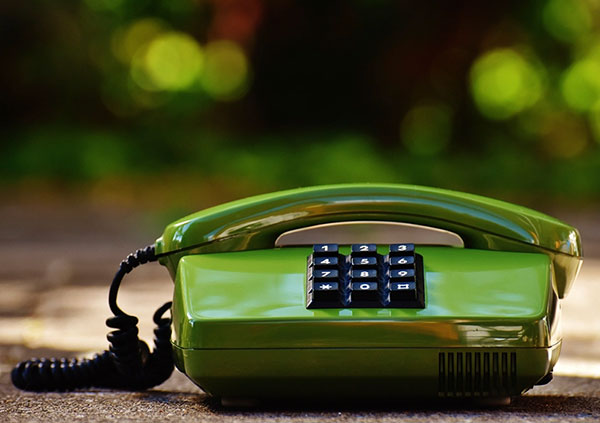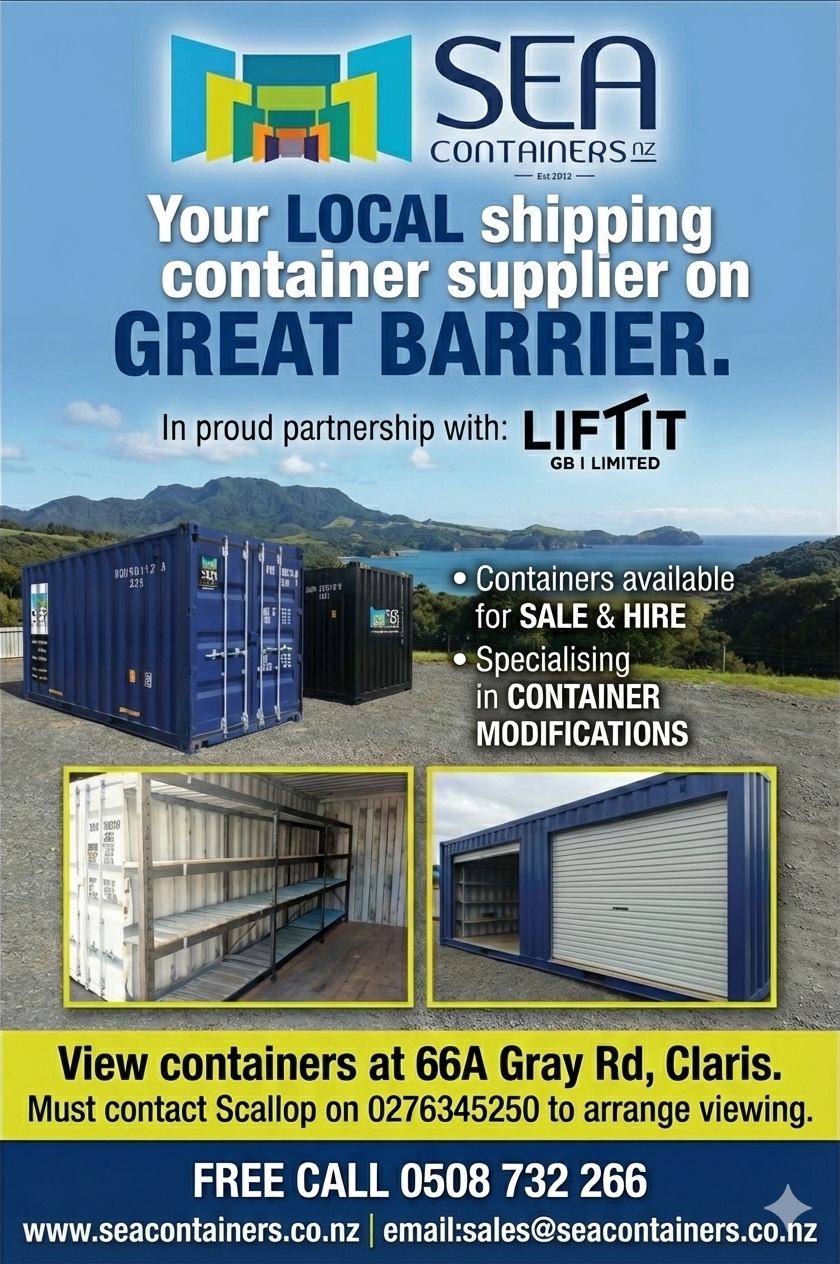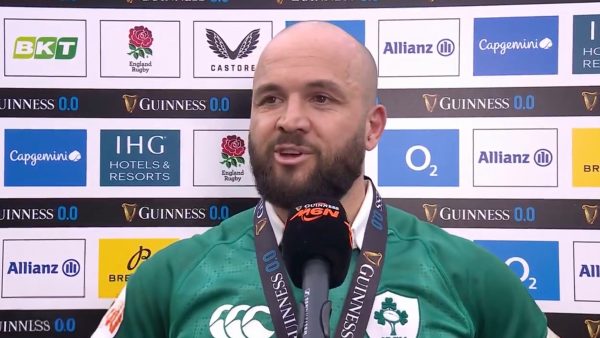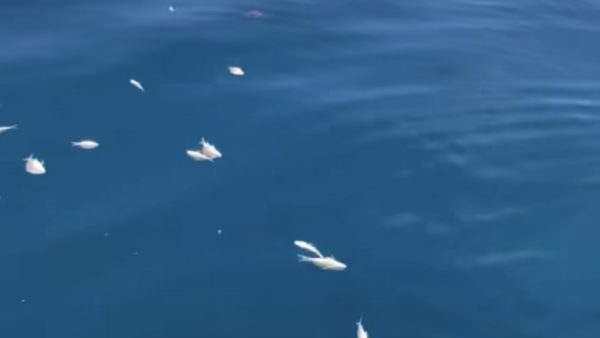Great Barrier Island is set to lose its traditional landline telephone network, with Chorus announcing a phased removal beginning in March 2025 and culminating in a complete axing by 2030.
There are around 200 families and businesses with landlines on Aotea, the first 10% of customers will lose their lines by March next year (2025).
These customers use radio-based phone systems known as CMAR and Country Set, which were used where laying copper lines was difficult. Everyone else will lose their landlines in phases over the following five years.
The decision has sparked concern for some residents, particularly elderly who rely on the network. A spokesperson for Chorus, Vicki Gan, explained the copper landline connections are degrading over time, and finding replacement equipment is becoming difficult to source.
“This means that the network — which is already susceptible to bad weather events — will continue to experience increased faults and outages due to the decaying conditions.” Gan told AoteaGBI.news
“Technicians able to service this equipment are retiring, and we don’t have people coming through who are trained to keep it running,” Gan added.
The company urged residents to transition to alternative technologies, such as wireless or satellite services. Some residents spoken to by AoteaGBI.news criticized these solutions. They pointed out that satellite services like Starlink are expensive and consume a vast amount of energy, which is a significant for an off-grid island like Aotea.
Being owned by off-shore companies like Elon Musk’s SpaceX mean they also don’t come with service guarantees, so could essentially be switched off in a whim. Despite this, Gan asserted, “Satellite internet is available in all parts of New Zealand capable of receiving a satellite signal… It all comes down to how the equipment is installed.”
Chorus has no immediate plans to roll out fibre to the island, stating that such investments are only made where “commercially viable.” While Chorus is extending fibre to 59 communities across New Zealand, rural and remote areas like Great Barrier Island are unlikely to see similar upgrades unless government funding becomes available.
“Facilitating any additional roll-out will require government funding due to the exponential costs… We are working through the relevant infrastructure investment government channels on this,” Gan said.
“[we] will continue to emphasise the need for more fibre in rural/urban fringe areas that don’t currently have it.” Gan added.
Emergency Communications and the TSO
Residents have raised concerns about emergency communications, particularly during power outages. Unlike traditional landlines, which could function independently of household power, modern alternatives like VoIP and wireless services require a stable power supply.
The Telecommunications Service Obligation (TSO) legal framework in Aotearoa requires basic phone service to be available to all New Zealanders, even in remote or rural areas where it might not be commercially viable for companies to provide service, but it only applies for addresses that had a fixed landline as of 20 December 2001.
Gan clarified, “As part of the copper network retirement, we will ensure that affected customers continue to have access to a basic voice service if they need one in addition to or instead of any mobile phone or broadband services they have.” The TSO does not mandate that these services be delivered via traditional landlines, she clarified.
The latest census data from 2023 shows that approximately 26% of Great Barrier Island’s population is 65 years or older.
In an effort to address community concerns about the copper shutdown, Chorus will hold a meeting on Wednesday, January 15th, 2025, at 5 pm at the Claris Conference Centre. The company says the meeting will help residents find alternative solutions and navigate the transition.
A Lifeline for the Island
This marks the end of a telecommunications era for the island, which first connected to the mainland in 1908 when the Tutanekai laid a submarine cable from Port Charles to Tryphena, giving the island its first telegraph service.
For decades, landlines have been a vital lifeline for the Great Barrier community, providing a critical link to emergency services and loved ones on the mainland.
Initially, communication on the island relied on crank-handle telephones and Morse code rings, with each household having a unique code. Operators like Ethel Eyre and Gloria Park played a central role, often working tirelessly to maintain connections during storms and peak holiday periods.
The island finally gained 24-hour direct dialing to the mainland in April 1991 after Telecom installed an automated system at a cost of $2 million.









There is 1 comment
The ‘central’ role was Claris based in the Daly homestead opposite Sanderson’s gateway.
The switchboard operator for about 50 years was Betty Daly.
Comments are closed.